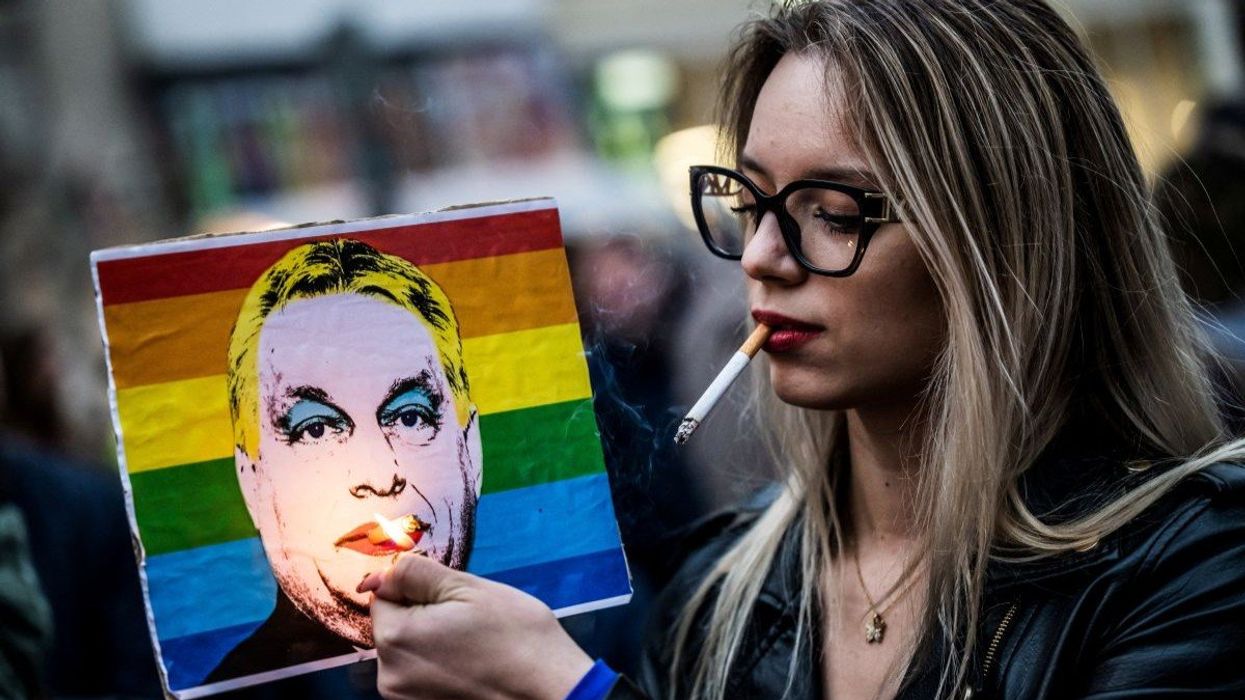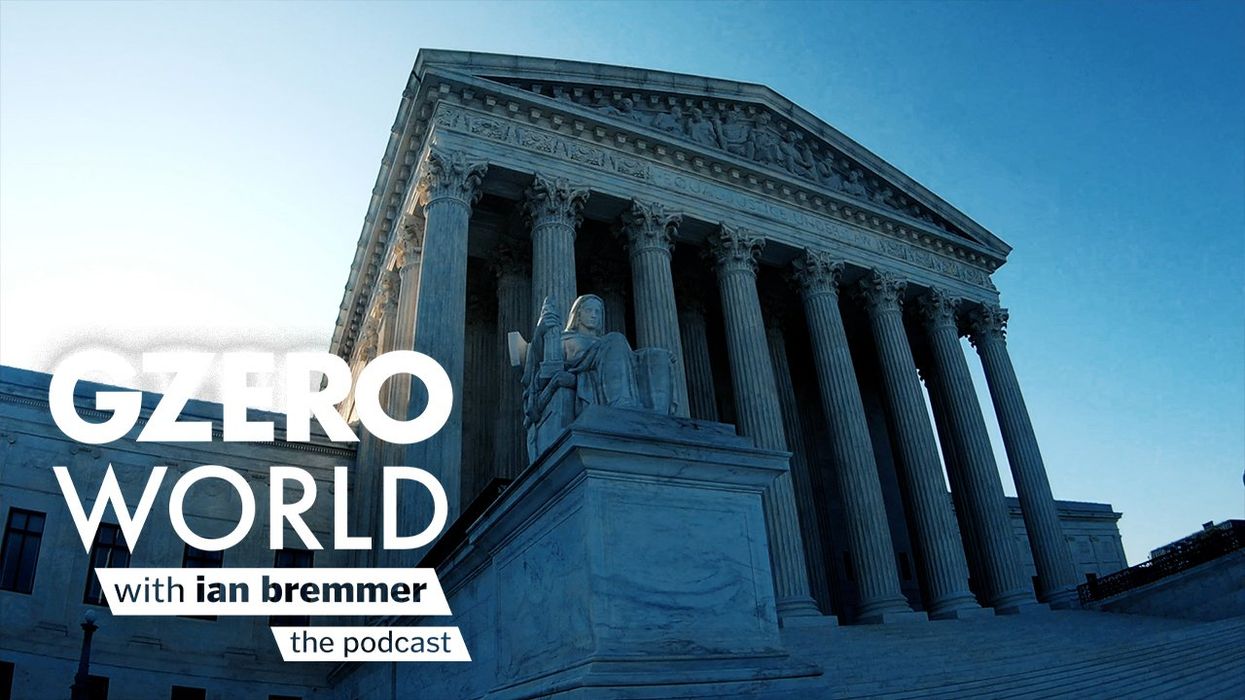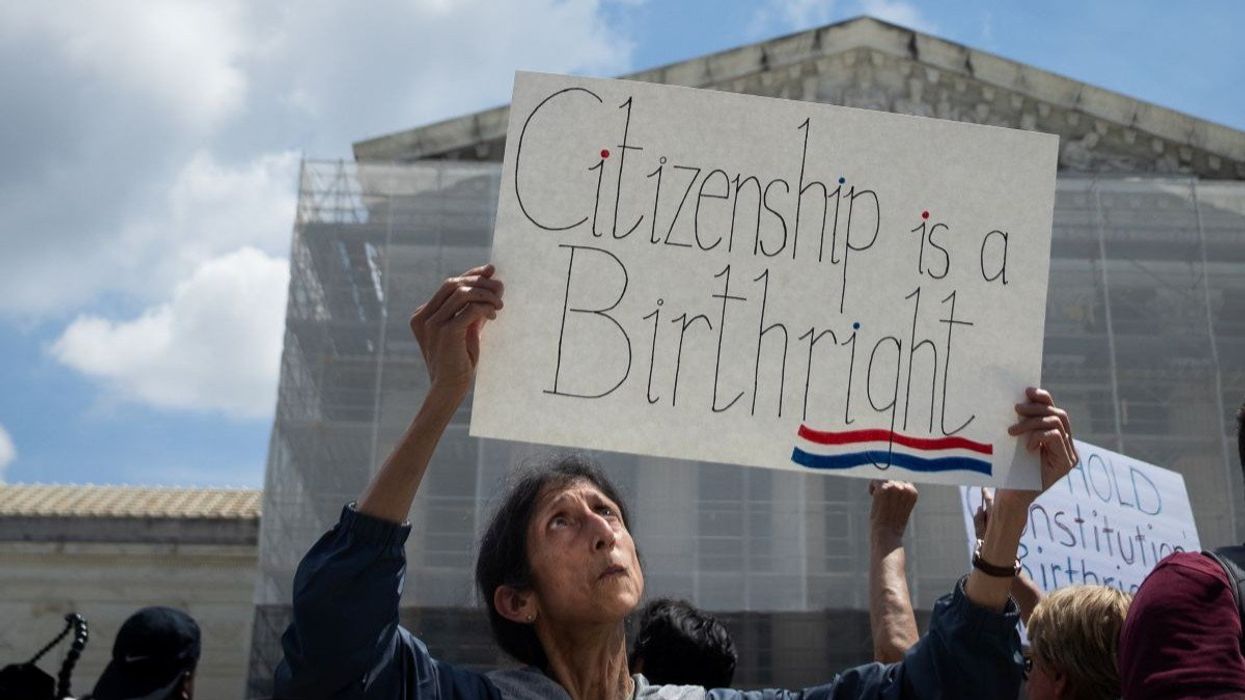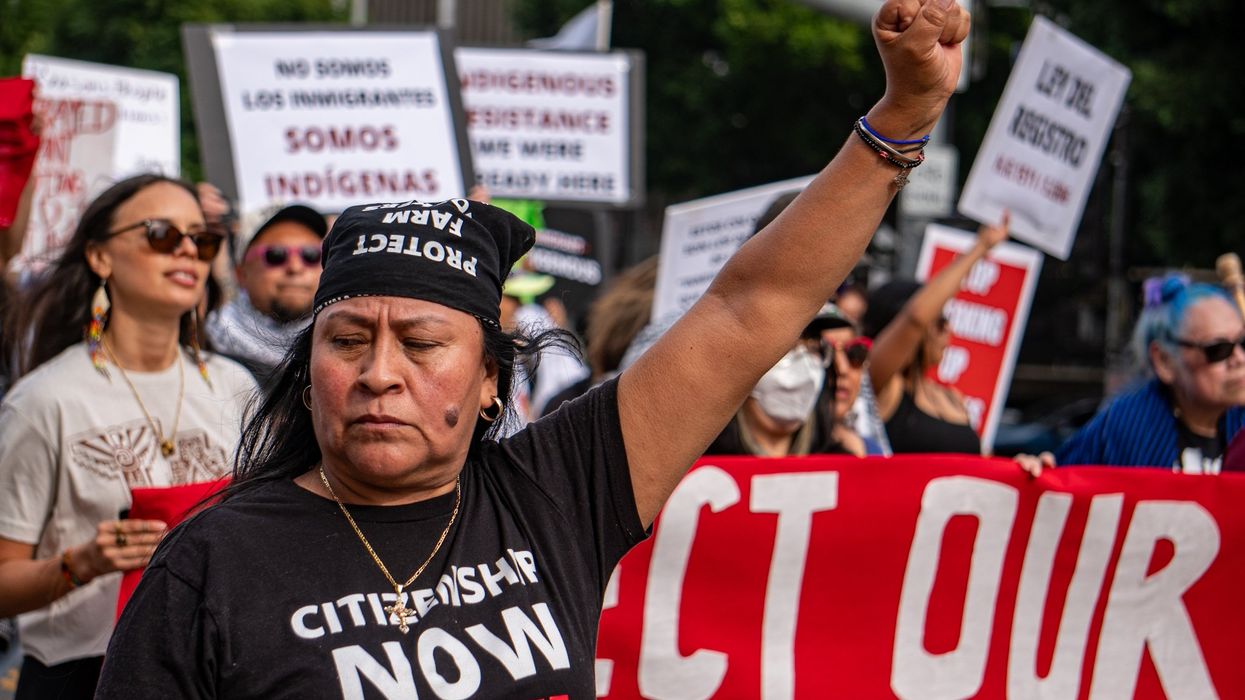What We're Watching
What We’re Watching: Budapest Pride parade, Rwanda and DRC peace agreement, SCOTUS ruling on Trump’s executive power
Hungary’s capital will proceed with Saturday’s Pride parade celebrating the LGBTQ+ community, despite the rightwing national government’s recent ban on the event.
Jun 27, 2025





